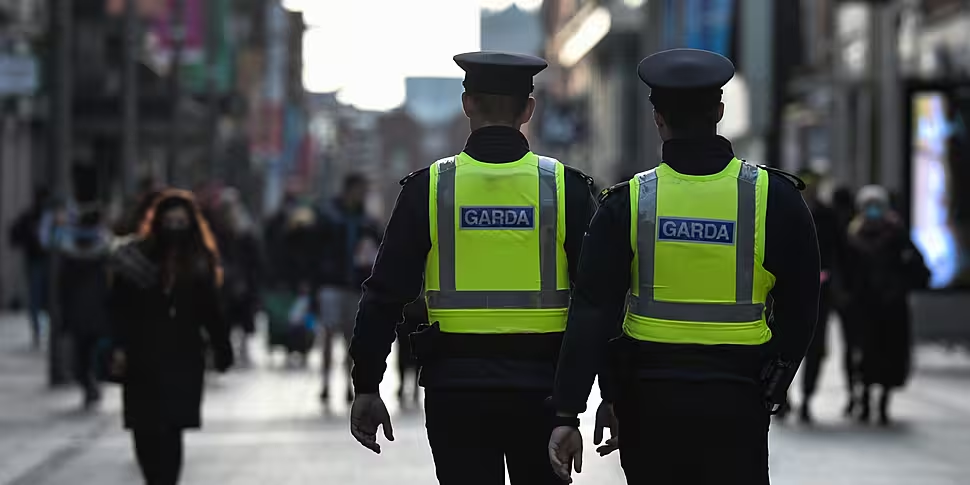A former garda turned life coach has said his mental and physical health suffered during his 13 years with the Gardaí.
Alan Conlan left the force after experiencing increasing frustrations with the job and has since been campaigning to get better welfare supports for emergency service workers.
It comes as the Garda Representative Association (GRA) warns that morale is at an “all-time low” in the force with the numbers resigning continuing to grow.
The GRA is anticipating that 150 Gardaí will have resigned by the end of the year, triple the number of resignations in a typical year.
Speaking on The Pat Kenny Show this morning, Mr Conlan said that while it is an honour to put on the Garda uniform, it doesn’t come without challenges.
“With shift work, in its very nature, your exercise, your sleep and your nutrition can be affected,” he said.
“Then the type of work you’re dealing with - suicides, fatal road accidents, and severe mental health issues - that can impact your own well-being.
“In my time there, I also had to overcome my own struggles and my own challenges in life. Guards are human beings and are not immune to struggling.”
Personal Challenges
In overcoming personal challenges and working on his own personal development, Mr Conlan said he became more compassionate for others and enjoyed the process.
As a result, he began to pursue wellbeing further and became a trained life coach through the Dundalk Institute of Technology.
The former Cavan and Monaghan-based Guard said the force needs mental and physical health support to allow members to perform “as the person who is tasked to support other people”.
“Crisis Point”
Mr Conlan said that when he reached “crisis point” he decided to avail of free counselling sessions on offer, which he found helpful; however, he believes more thorough support should be available.
“I would be looking for something more like a day-to-day wellbeing programme with more resources available for when things hit rock bottom,” he said.
“We need to look at what they are doing on a daily basis to promote physical health, mental fitness, and overall well-being to say, ‘We acknowledge the job is tough’.
“'We acknowledge that nutrition side of things, the emotional impact and exercise needs work' - and not just put in resources for people when they do hit rock bottom and have to peel themselves off [the ground].”
"Nothing left to give"
Mr Conlan said it was only after struggling to get out of bed and drive to work for a long time that he realised he had “nothing left to give.”
He then switched to life coaching after a brief stint working in a coffee shop.
Mr Conlan said some people are more suited to the trials and tribulations of the role than others, adding, "if that job is making you feel unwell or affecting your happiness it's not worth it".
You can listen back here:
Reporting from Robert Kindregan









